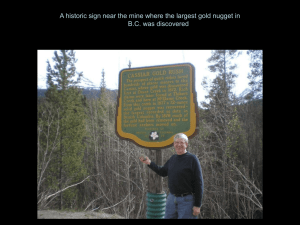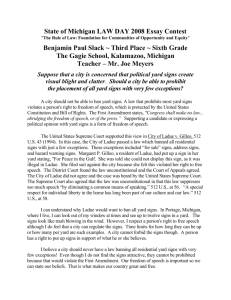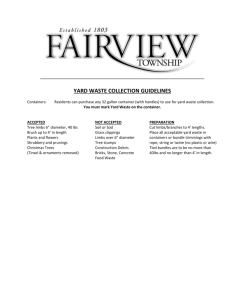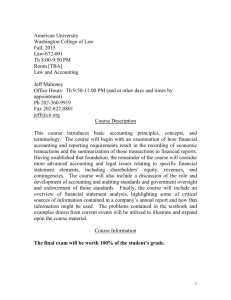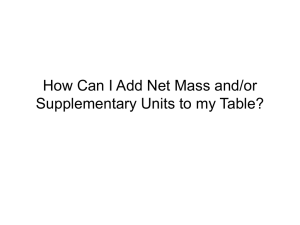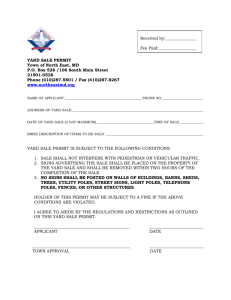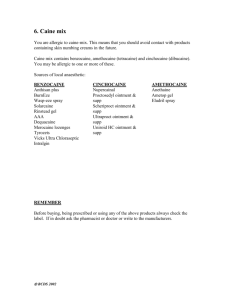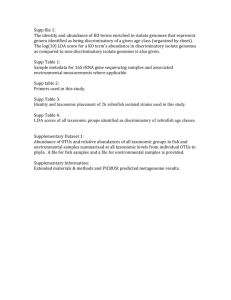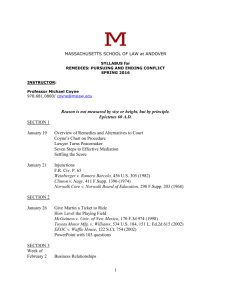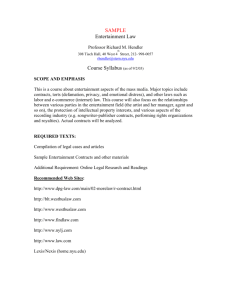(N.D. Cal. 1982).
advertisement
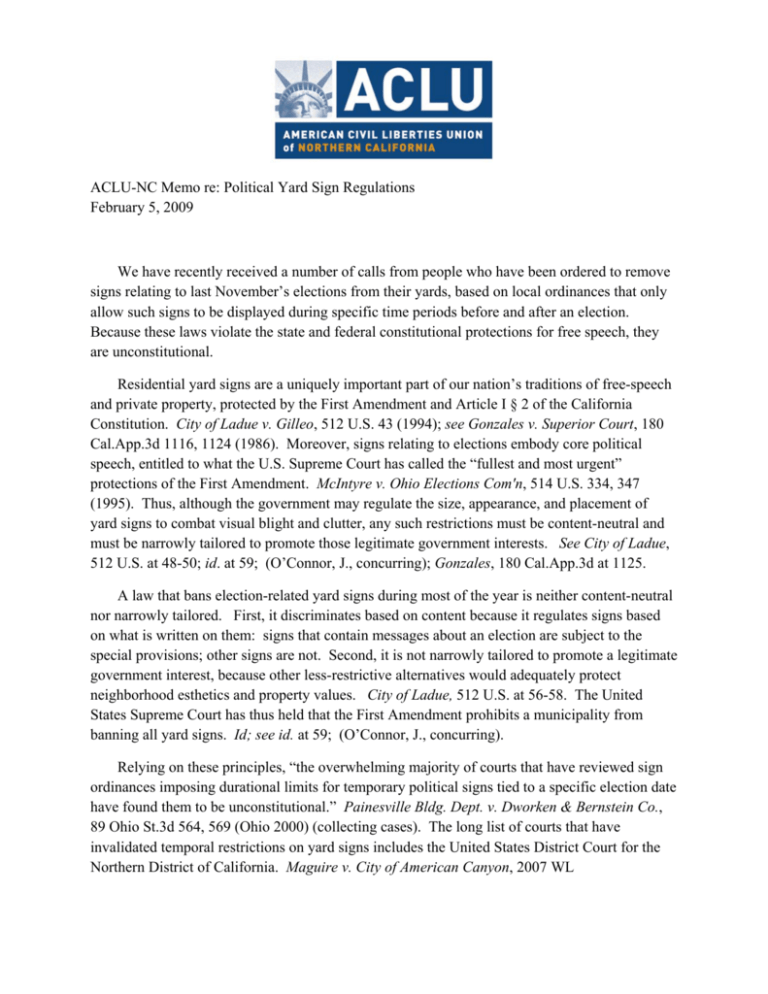
ACLU-NC Memo re: Political Yard Sign Regulations February 5, 2009 We have recently received a number of calls from people who have been ordered to remove signs relating to last November’s elections from their yards, based on local ordinances that only allow such signs to be displayed during specific time periods before and after an election. Because these laws violate the state and federal constitutional protections for free speech, they are unconstitutional. Residential yard signs are a uniquely important part of our nation’s traditions of free-speech and private property, protected by the First Amendment and Article I § 2 of the California Constitution. City of Ladue v. Gilleo, 512 U.S. 43 (1994); see Gonzales v. Superior Court, 180 Cal.App.3d 1116, 1124 (1986). Moreover, signs relating to elections embody core political speech, entitled to what the U.S. Supreme Court has called the “fullest and most urgent” protections of the First Amendment. McIntyre v. Ohio Elections Com'n, 514 U.S. 334, 347 (1995). Thus, although the government may regulate the size, appearance, and placement of yard signs to combat visual blight and clutter, any such restrictions must be content-neutral and must be narrowly tailored to promote those legitimate government interests. See City of Ladue, 512 U.S. at 48-50; id. at 59; (O’Connor, J., concurring); Gonzales, 180 Cal.App.3d at 1125. A law that bans election-related yard signs during most of the year is neither content-neutral nor narrowly tailored. First, it discriminates based on content because it regulates signs based on what is written on them: signs that contain messages about an election are subject to the special provisions; other signs are not. Second, it is not narrowly tailored to promote a legitimate government interest, because other less-restrictive alternatives would adequately protect neighborhood esthetics and property values. City of Ladue, 512 U.S. at 56-58. The United States Supreme Court has thus held that the First Amendment prohibits a municipality from banning all yard signs. Id; see id. at 59; (O’Connor, J., concurring). Relying on these principles, “the overwhelming majority of courts that have reviewed sign ordinances imposing durational limits for temporary political signs tied to a specific election date have found them to be unconstitutional.” Painesville Bldg. Dept. v. Dworken & Bernstein Co., 89 Ohio St.3d 564, 569 (Ohio 2000) (collecting cases). The long list of courts that have invalidated temporal restrictions on yard signs includes the United States District Court for the Northern District of California. Maguire v. City of American Canyon, 2007 WL 875974 (N.D.Cal. 2007); City of Antioch v. Candidates' Outdoor Graphic Service, 557 F.Supp. 52 (N.D. Cal. 1982).1 If, after being informed of these legal principles, local governments persist in trying to enforce these types of laws please contact the ACLU of Northern California at 415/621-2488. 1 Other cases reaching this same conclusion include the following published opinions: Whitton v. City of Gladstone, 54 F.3d 1400 (8th Cir. 1995); Bell v. Baltimore County, 550 F.Supp.2d 590 (D.Md. 2008); McFadden v. City of Bridgeport, 422 F.Supp.2d 659 (N.D. W.Va. 2006); Quinly v. City of Prairie Village, 446 F.Supp.2d 1233 (D.Kan. 2006); Curry v. Prince George's County, 33 F.Supp.2d 447 (D. Md. 1999); Dimas v. City of Warren, 939 F.Supp. 554 (E.D.Mich. 1996).
